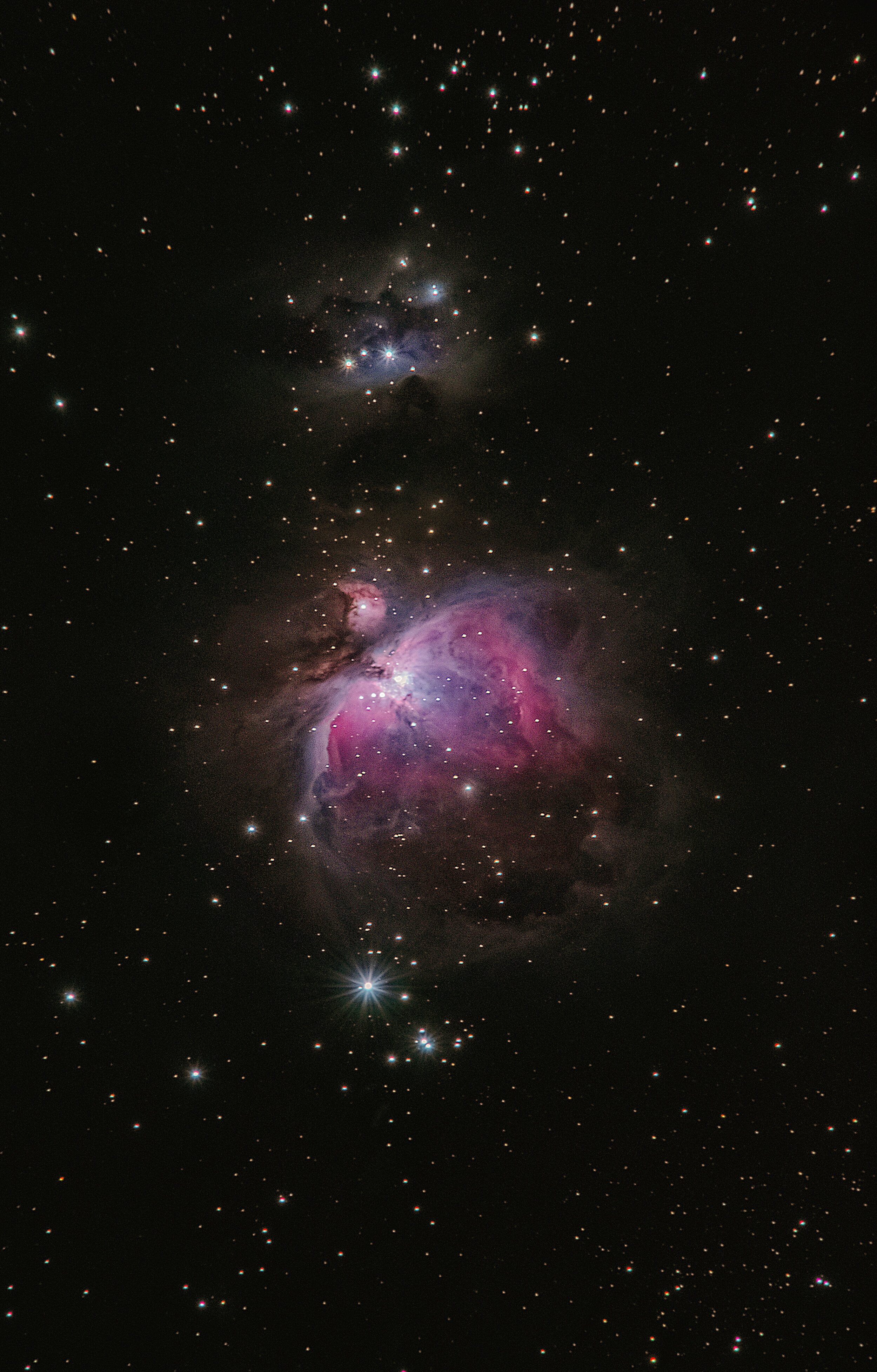Christian View on Marijuana and Psychedelics: What Scripture and Theology Say

A Christian’s Guide to Plant Medicine
A clear, Bible-based guide to cannabis and psilocybin for Christians—what Scripture teaches, how churches view it, and wise guardrails for discernment.
This started as a long conversation with a devout Christian friend who loves Scripture and takes discipleship seriously. He had seen people he cared about find relief from terrible anxiety and sleeplessness, yet he worried about intoxication, temptation, and opening doors he shouldn’t. I’ve seen something similar from a different angle. In creative and clinical communities, I’ve watched people with PTSD and chronic pain finally exhale after years of white-knuckling it. Not a cure-all. Not magic. But sometimes, merciful.
One of the stories that comes up a lot is Al Harrington and his grandmother, Viola. She was a churchgoing woman who wanted nothing to do with marijuana. After prayer and prodding from family, she tried cannabis for glaucoma and pain, and the change surprised her. Harrington later named his company after her, which you can read about in this profile of Viola and “Grandma Viola” in GQ. Whatever you think about the industry, that picture of a skeptical, faithful grandmother choosing comfort over fear is hard to dismiss. I’ve also met veterans who needed something to interrupt flashbacks long enough to sleep again. I’ve met a mom who used a CBD-forward tincture to keep neuropathic pain low enough to attend church and sing again. These are small human victories. They deserve a thoughtful Christian response, not slogans.
What follows is a simple map for Christians who want to think faithfully about plant medicine, especially cannabis and psilocybin.
For those needing biblical Help for Addiction,
please visit BibleLifeGuides
What Does the Bible Say About Cannabis and Psychedelics
Scripture does not list modern drugs by name. It gives principles.
The body is a gift from God. Steward it. Medicine is part of neighbor love. Think of the Good Samaritan tending wounds with oil and wine in Luke 10:34.
Sobriety matters. Followers of Jesus are called to be alert and self-controlled. See “your bodies are temples of the Holy Spirit” in 1 Corinthians 6:19–20 and “be alert and of sober mind” in 1 Peter 5:8.
Worship is for God alone. Christians should avoid practices that chase spiritual experiences outside the life of prayer, Scripture, and the sacraments.
Conscience counts. Romans 14 lays out space for disputable matters and mutual respect. Read it fresh here: Romans 14.
If you hold those four, most hard questions get clearer.
Christian Ethics: Sobriety, Mercy, and Medical Use
Medical use is easier to place than recreational use. If a believer, with the help of a physician, can reduce suffering with a preparation that minimizes intoxication, many Christian ethicists say that can be a wise act of stewardship. The science isn’t perfect, but there is substantial evidence that cannabinoids can help with chronic pain according to the National Academies’ major review, summarized here and expanded in the full report: National Academies overview and full report. A clinical digest echoing those findings is here: Abrams, “Therapeutic effects of Cannabis and cannabinoids”.
For moral framing, the Catechism of the Catholic Church is often cited even by non-Catholics: it warns that drug use that is not “on strictly therapeutic grounds” is gravely wrong while not condemning legitimate medicine. See Catechism §2291 and the Compendium. That gives Christians a clear lane for supervised, therapeutic use and a bright line against escapist or recreational use.
On practice, that often looks like CBD-forward or low-THC dosing, careful timing, and clear rules about work, driving, and parenting. Set it up like any other serious medication. Share the plan with your spouse or an accountability partner. Keep it legal. Keep it boring.
The red lines are also clear. Don’t use it to avoid dealing with God, people, or the root causes of pain. Don’t let it become a coping identity. Don’t spiritualize it. It is not a sacrament. It is a tool.
Is It a Sin to Use Marijuana or Psilocybin
Psychedelics are more complicated. In clinical settings researchers have reported relief for some people with treatment-resistant depression and end-of-life distress. A widely cited phase 2b trial found that a single 25 mg dose of psilocybin, alongside therapy, reduced depression scores more than a very low dose over three weeks in treatment-resistant depression. That is the NEJM study by Goodwin and colleagues: NEJM 2022. Not all trials show superiority to standard meds on every endpoint, for example this NEJM study comparing psilocybin to escitalopram: NEJM 2021. The field is promising and still maturing. For a quick sponsor summary of the TRD work, see COMPASS Pathways overview.
Christians should welcome any real mercy for real suffering. The moral tension is the route. Hallucinogens can disrupt judgment, create powerful emotional states, and are often wrapped in spiritual language. If a Christian ever considers it, the guardrails need to be tight. Legal setting. Medical screening. Licensed clinicians, not gurus. No spiritual framing. Solid pastoral support before and after. Honest integration work. If the goal is an encounter with God, the answer is no. The living God meets us in Christ, in Scripture, in prayer, in bread and cup, and in the care of the church.
A Practical Discernment Checklist for Christians
Intention. What problem am I trying to solve and why now.
Means. Is there evidence that this helps my condition at the dose and form I would use.
Sobriety. Will this impair my ability to love God and neighbor today.
Counsel. Have I asked my doctor and a mature Christian who knows me.
Community. Will this harm the faith of those around me or invite secrecy.
Legal and practical. Is this lawful where I live and can I use it without risking others’ safety.
Exit plan. What stops me from drifting into dependency.
How pastors and ministry leaders can talk about it
Lead with the ministry of mercy. Christians have always cared for bodies and minds. Say clearly that intoxication and escapism are not acceptable, and that spiritual shortcuts are counterfeit. In the same breath, make room for patients working with doctors to relieve suffering, especially where non-impairing options exist. Encourage people to bring their plans into the light. Offer prayer, practical help, and accountability. When someone shares a story like Viola’s, honor the relief and still point them back to Jesus and the slow practices that form a stable life with God.
What to say when people ask you for advice
Try this script. “I’m grateful you’re looking for relief. God cares about your pain and so do I. Let’s make a plan that protects your sobriety, honors your conscience, involves your doctor, and keeps your church family in the loop. If at any point it pulls you away from Jesus, we stop.”
Final word
You do not have to choose between compassion and holiness. Christians can pursue real healing with open eyes and clean hands. We can thank God for common-grace gifts in creation and still refuse to treat those gifts as gods. And when plant medicine helps a grandmother sing again, a veteran sleep again, or a friend smile again, we can receive that moment as mercy, then keep walking as apprentices of Jesus.





